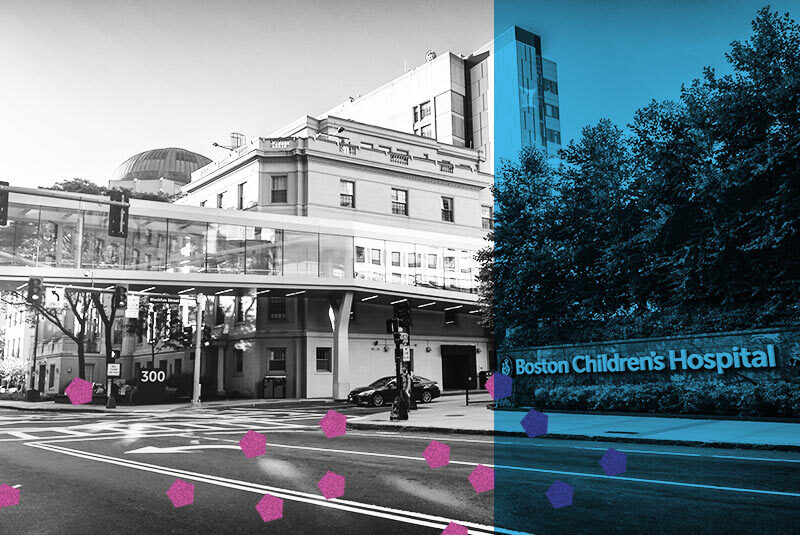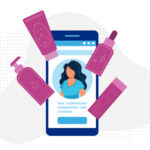More COVID-19 myths and facts: Boston Children’s edition

Now that restrictions are easing in Massachusetts, many people have questions about how, if, and when to visit Boston Children’s Hospital. Test your knowledge of our updated policies and procedures during the COVID-19 outbreak by taking our quiz.
[smartslider3 slider=”27″]Take our previous quiz and get more answers about Boston Children’s response to COVID-19.
Related Posts :
-

Model enables study of age-specific responses to COVID mRNA vaccines in a dish
mRNA vaccines clearly saved lives during the COVID-19 pandemic, but several studies suggest that older people had a somewhat reduced ...
-

Keeping up with the tween skin care trend: What’s in those products?
More teens and tweens are hitting the mall to grab skin-care products they’ve seen on social media — but are ...
-

New insight into the effects of PPIs in children
Proton-pump inhibitors (PPIs) are frequently prescribed to suppress stomach acid in patients with gastroesophageal reflux disease (GERD). Prescribing rates of ...
-

Creating the next generation of mRNA vaccines
During the COVID-19 pandemic, mRNA vaccines came to the rescue, developed in record time and saving lives worldwide. Researchers in ...





